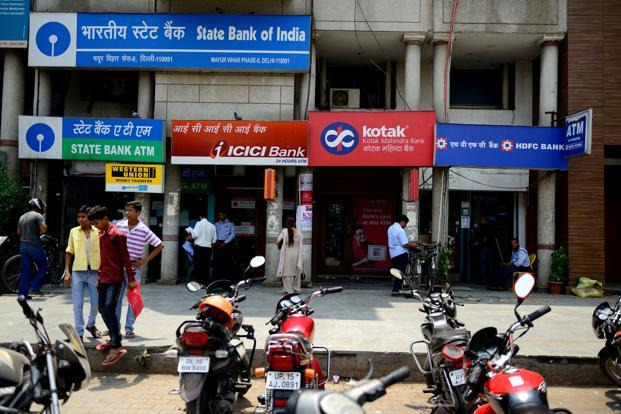Promoting Transparency, Stability, and Investor Confidence through Robust Governance Practices to Safeguard Financial Resilience and Foster Sustainable Growth
In a conference of directors of state-run and private banks held in May, M Rajeshwar Rao, Deputy Governor of the Reserve Bank of India (RBI), underscored the critical need for boards to establish clear expectations for management and require regular reports on risk management.
The recently uploaded speech on the central bank’s website sheds light on the RBI’s ongoing efforts to enhance governance frameworks within the Indian banking sector, aiming to ensure stability and promote investor confidence.

Photo: Pradeep Gaur/Mint
The conference, graced by eminent figures such as RBI Governor Shaktikanta Das and Deputy Governor M.K. Jain, revolved around the central theme of strengthening compliance measures and ensuring effective governance across banks.
This directive stems from the RBI’s proactive approach to prevent financial instability, particularly in light of recent bank failures witnessed in the United States and elsewhere.
Rao, in his address, emphasized the pivotal role of boards in mitigating risks and fostering transparency within financial institutions. By establishing unambiguous expectations for management and mandating regular reports on risk management, boards can instil confidence in stakeholders and enable investors to make well-informed decisions regarding a bank’s risk profile.
Rao stressed the importance of building trust with stakeholders and creating an environment where comprehensive assessments of associated risks can be conducted to ensure financial resilience.
The RBI’s call to address gaps in governance frameworks resonates profoundly within the Indian banking sector, which has been grappling with significant challenges and evolving regulatory landscapes. Establishing appropriate risk management practices and upholding acceptable customer and market conduct are vital components of a robust governance structure.
By adhering to these practices, banks can enhance their risk mitigation capabilities, maintain financial stability, and safeguard the interests of depositors and investors.
The need for effective governance in the banking sector is underscored by recent incidents of financial instability and collapses in various markets worldwide. Recognizing this, the RBI is urging Indian banks to adopt best practices and strengthen governance standards. By doing so, banks can fortify their resilience, ensure long-term sustainability, and instil confidence in the stability of the financial system.
Furthermore, the RBI emphasizes the importance of transparency and accountability in maintaining a healthy relationship with stakeholders. It calls for banks to maintain clear communication channels and provide comprehensive and accurate information on financial performance and statements, as well as risk management practices.
Such openness fosters trust and enables stakeholders to make well-informed assessments of a bank’s overall health and risk exposure.
The RBI’s push for enhanced governance frameworks stems from its recognition that governance failures can have far-reaching consequences, affecting both the institution and the broader economy.
By promoting adherence to robust risk management practices, the central bank aims to create a resilient banking sector that can weather challenges and protect the interests of all stakeholders, ultimately contributing to the overall stability and growth of the Indian economy.
In conclusion, the Reserve Bank of India has reiterated the significance of boards in shaping the governance landscape of Indian banks. By setting clear expectations for management and mandating regular reports on risk management, banks can establish transparency and build trust with stakeholders.
This renewed emphasis on strengthening governance frameworks aligns with the RBI’s objective of ensuring financial stability and fostering a resilient banking sector in India, enabling the nation’s banks to navigate challenges successfully while upholding the interests of their customers and investors.












